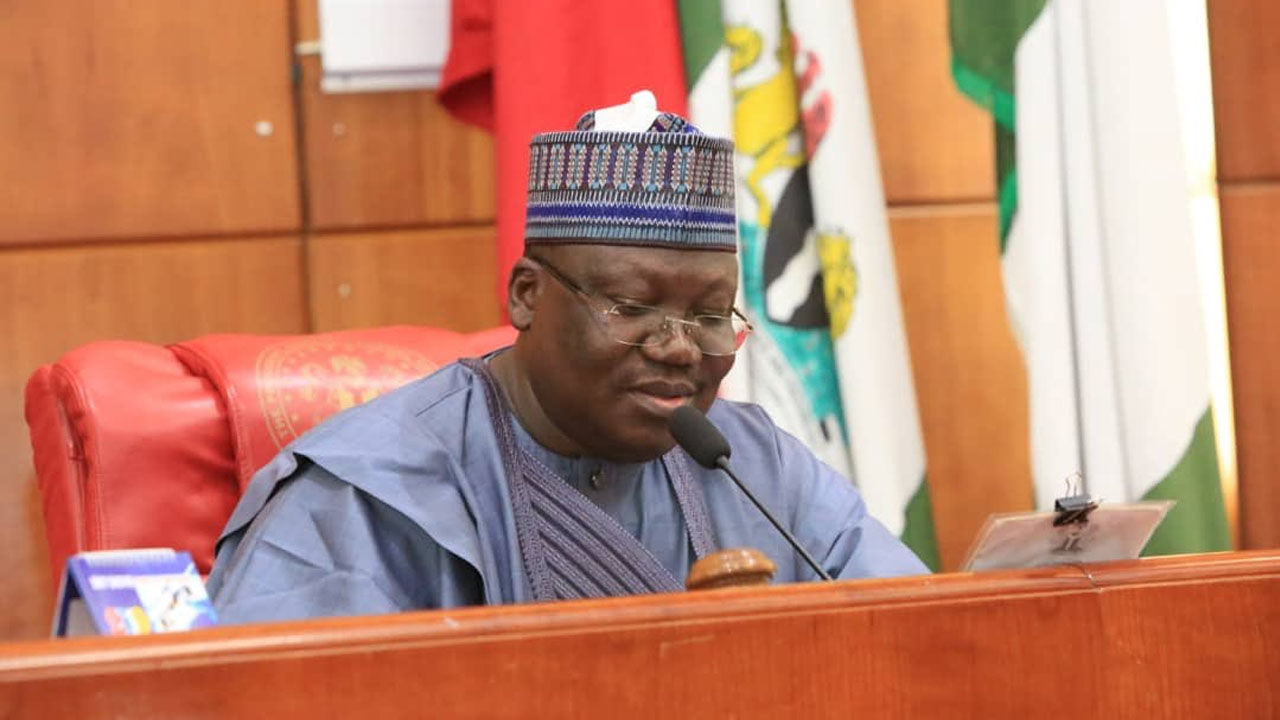Nigerian legislators and other stakeholders have been urged to seize the window of the ongoing review of the constitution to bring about reforms that would mitigate the current energy crisis in the country.
Energy expert and founder of PUTTRU, Africa’s frontline energy investment facilitating platform, Monica Maduekwe, said that Nigeria’s constitution needs to be amended to reflect the real drivers of development, rather than concentrating too much power and many responsibilities at the centre, which in turn creates moral hazard and principal-agent problems.
Describing how these problems manifest in a statement on Friday, she explained that moral hazard arises when states receive revenue regardless of their contribution to national income, which in turn disincentivises innovation and competitiveness.
On the principal-agent problem, she explained that it stems from a structure where the Federal Government controls the nation’s wealth and makes decisions that directly affect citizens, while states, who depend on federally pooled and distributed revenue they do not control, are expected to deliver on the lived experiences of their residents.
She warned that this disconnect encourages a politics of finger-pointing, where neither tier of government is fully accountable.
Maduekwe stressed that the Federal Government should focus on coordination, standard-setting and national-scale projects such as transmission infrastructure and cross-border energy trade.
She said: “Nigeria’s energy crisis is a political problem dressed up as a technical one.
If the constitutional review process is bold enough to correct the deeper incentives, to reward innovation, demand accountability and let states take ownership of their economic future, then we will have done more than pass another set of amendments. We will have taken the first real step toward building a federation that works. Nigeria does not need ‘restructuring’ in the traditional sense, especially not one that creates a new supra-government tier. That would only replicate the same principal-agent dysfunction in time. What Nigeria needs is decentralisation – of responsibilities, of decision-making and of control over resources, all where they matter most – the states.”
Maduekwe added: “The current administration deserves credit for its political courage. In particular, its unbundling of Nigeria’s electricity law shows a willingness to confront long-standing bottlenecks. The 2023 Electricity Act set a vital precedent – for the first time, states now have legal authority to operate their own electricity markets. This is the kind of decentralisation Nigeria needs across the board.”
Nigeria currently ranks 25th in terms of electricity generation per capita in Africa at 0.138 MWh according to the International Energy Agency.






